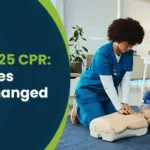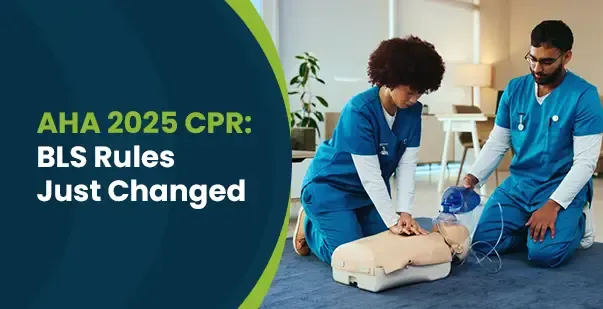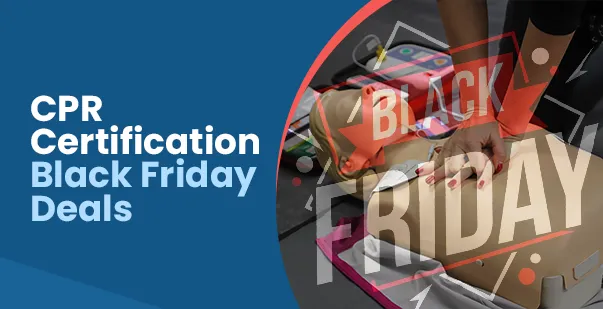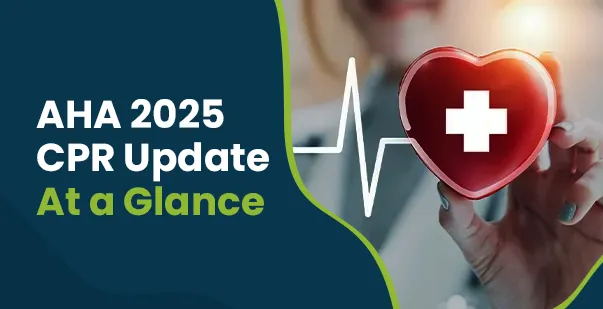Have you ever wondered what you can do to help someone with a broken bone? Well, get ready to become a first aid expert during potentially life threatening emergencies. We’re going to dive into the world of handling fractures by applying first aid for bone fractures!
Accidents happen, and sometimes bones can break. It might sound scary but don’t worry – with the right knowledge and a few simple techniques, you can make a big difference in helping someone with a fracture heal faster.
The American HealthCare Academy offers a best-in-class combo course of CPR First Aid in which you will learn to apply first aid for bone fractures. This course is 100% online, easy to learn, and can be taken up by anyone. When you enroll with us you get access to high-quality online teaching modules with 24×7 access. Get in touch with us at 1-888-277-7865 or register on our website and start your journey right away.
Common Causes of Fractures and How to Recognize Them
Fractures can happen in various situations, and it’s essential to be aware of the potential hazards around us. Here are a few most common causes of fractures:
- Falls: Falling from a height, slipping on a wet surface, or tripping over an object are common causes of fractures, especially in the wrist, ankle, or hip.
- Sports Injuries: Participating in high-impact sports like soccer, basketball, or skateboarding can sometimes lead to fractures, particularly in areas like the arm, leg, or collarbone.
- Accidents and Collisions: Car accidents, bike accidents, or other collisions can result in fractures, often affecting the limbs or ribs.
- Osteoporosis: As we age, our bones may become weaker due to conditions like osteoporosis. In such cases, even minor falls or accidents can cause fractures, especially in the hip, spine, or wrist.
Now that we know some common causes, let’s talk about recognizing fractures:
- Intense Pain: Fractures typically cause severe pain at the site of the injury. The affected area may be tender to touch, and movement may exacerbate the discomfort. Don’t apply pressure on the injured area unnecessarily.
- Swelling and Bruising: Fractures often lead to swelling and bruising around the injured area and need immediate medical care. The skin may appear reddish or purple, indicating internal bleeding.
- Deformity or Misalignment: In some cases, fractures can cause a visible deformity or misalignment of the affected bone. The injured limb may appear crooked or bent abnormally.
- Inability to Bear Weight or Move: A fracture can make it challenging to put weight on the injured limb or move it without significant pain or discomfort.
Importance of First Aid Training and Certification in Treating Fractures
Let’s explore why knowing first aid for bone fractures and skills to provide immediate care is so crucial.
- Prompt Response Saves Lives
Call 911 right away and inform them about the emergency. In the meantime, start quickly stabilizing the injured bone and providing support, and you can prevent further damage and reduce the risk of complications.
- Minimize Pain and Discomfort
With proper first aid training, you’ll learn techniques to immobilize the affected area, reducing movement and minimizing pain.
- Prevent Further Injury or Complications
Fractures can lead to additional injuries if not properly handled. For example, a broken bone that remains unrestrained may damage surrounding tissues, nerves, or blood vessels.
- Maintain Stability and Alignment
Correctly stabilizing a fracture helps maintain proper bone alignment. First aid training equips you with the skills to apply splints or improvised supports, reducing movement and keeping the broken bone in its correct position.
- Buy Time Until Professional Help Arrives
First aid training prepares you to provide immediate care until medical professionals arrive on the scene. In some situations, emergency services may take a little time to reach the injured person.
Conclusion
Becoming skilled in first aid for bone fractures is not only valuable in everyday life but can be truly life-saving in emergencies. When it comes to fractures, the importance of first aid training cannot be overstated. By promptly responding, minimizing pain, preventing further injury, and maintaining stability, you become an essential link in the chain of survival.
Learn common techniques of first aid for fractures by enrolling in the online first aid course by AHCA, or seek guidance from healthcare professionals. Equip yourself with the knowledge and skills to handle fractures and other injuries. You have the power to make a difference and extend a helping hand when someone needs it most.









